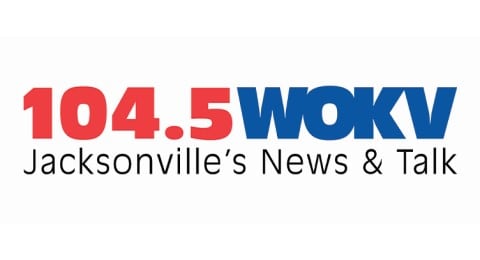JACKSONVILLE, Fla. — Florida’s lieutenant governor and state education commissioner were in town to tour a charter school and talk about school choice, especially the expansion of the program just passed into law. They talked a lot about the pros of this program but that’s not all there is to it.
>>> STREAM ACTION NEWS JAX LIVE <<<
The school choice debate is a strong one -- and one you’ll hear about at almost any school board meeting. But one side was very clear at Thursday’s press conference.
[DOWNLOAD: Free Action News Jax app for alerts as news breaks]
As State Education Commissioner Manny Diaz puts it, “our parents here in Florida do not coparent with the government- -- they make decisions for their kids.”
Diaz and Lt. Governor Jeannette Nunez made a point to tout that Florida leads the nation when it comes to school choice participation -- a program that is about to get bigger come Jul. 1. Thanks to recently passed HB 1, every school-aged child in the state will become eligible for an education savings account or private school tuition stipend.
“Today,” Nunez said, “we are proud to proclaim that Florida is the national leader in comprehensive school choice.”
But, while parents may hold the power of choice- the state still holds the purse strings. And THAT, Andrew Spar with the Florida Education Association says, is the problem. “It potentially drains $4 billion out of our public schools,” he tells Action News Jax reporter Emily Turner, “the place where most of us send our kids.”
Exactly 87% of state’s kids, he says. Florida is the largest state to make the move- and it will fundamentally change the way schools, their budgets and boards operate. But whether that’s a good thing depends on who you ask.
Charlotte Joyce, a DCPS School Board member says she’s “thankful to live in the free state of Florida where parents are given the choice for education.”
[SIGN UP: Action News Jax Daily Headlines Newsletter]
But Spar, wary of what’s to come, says “it’s about money. It’s about corporate profiteers wanting to make money off the education of our kids.









